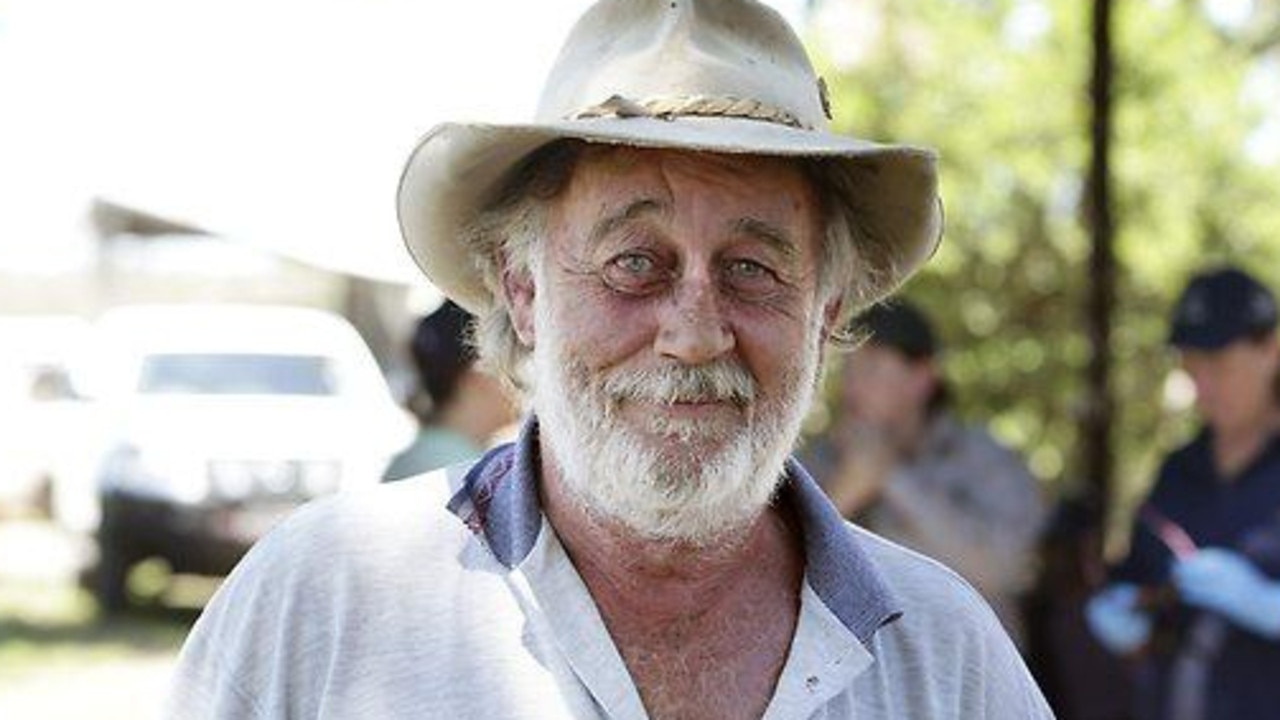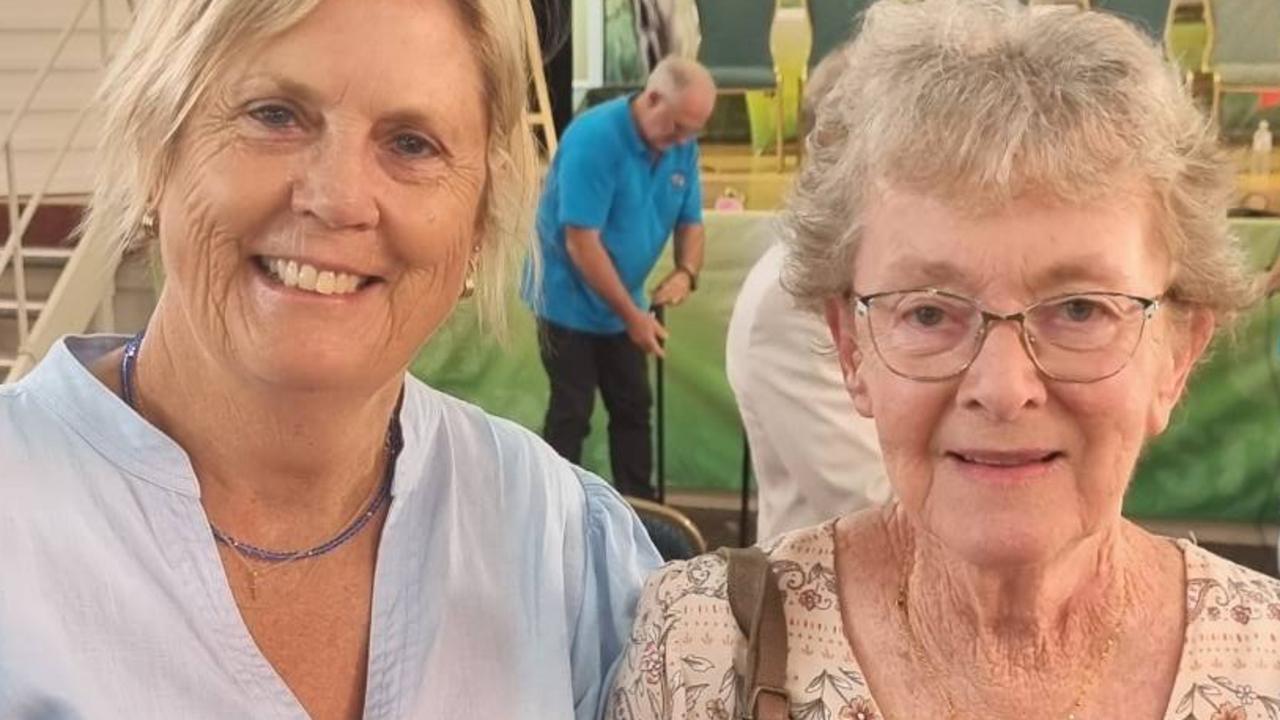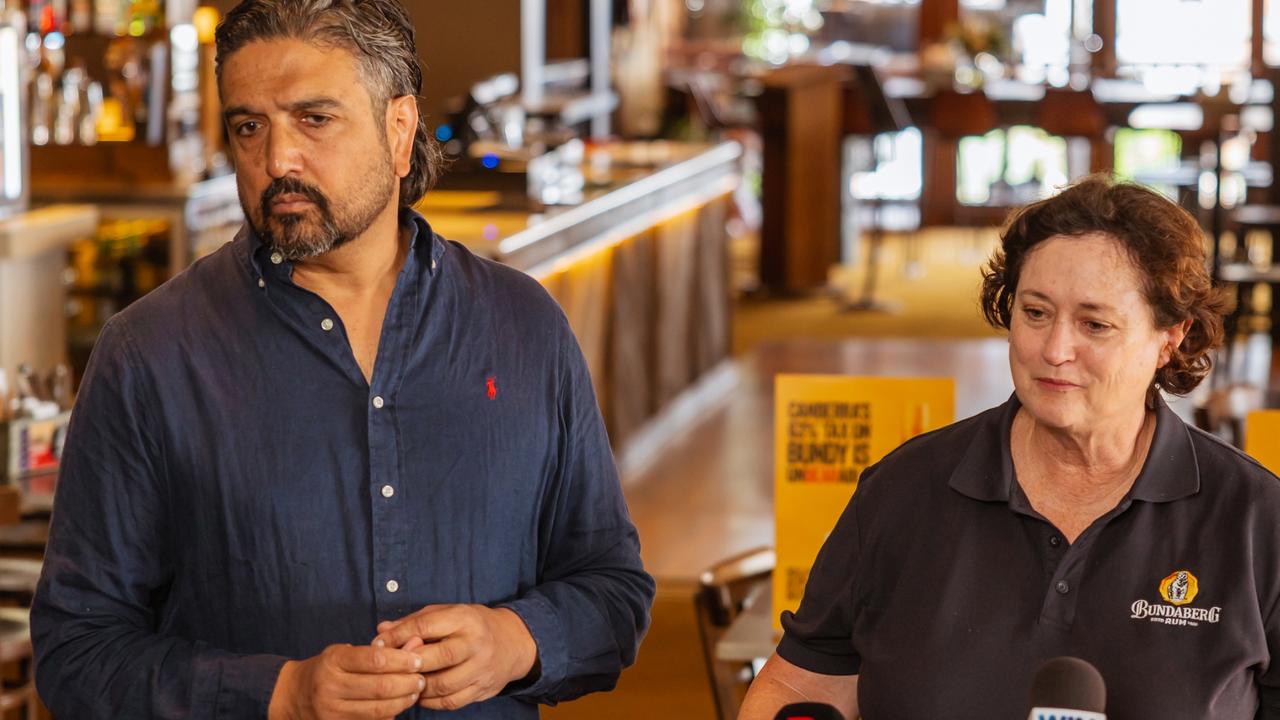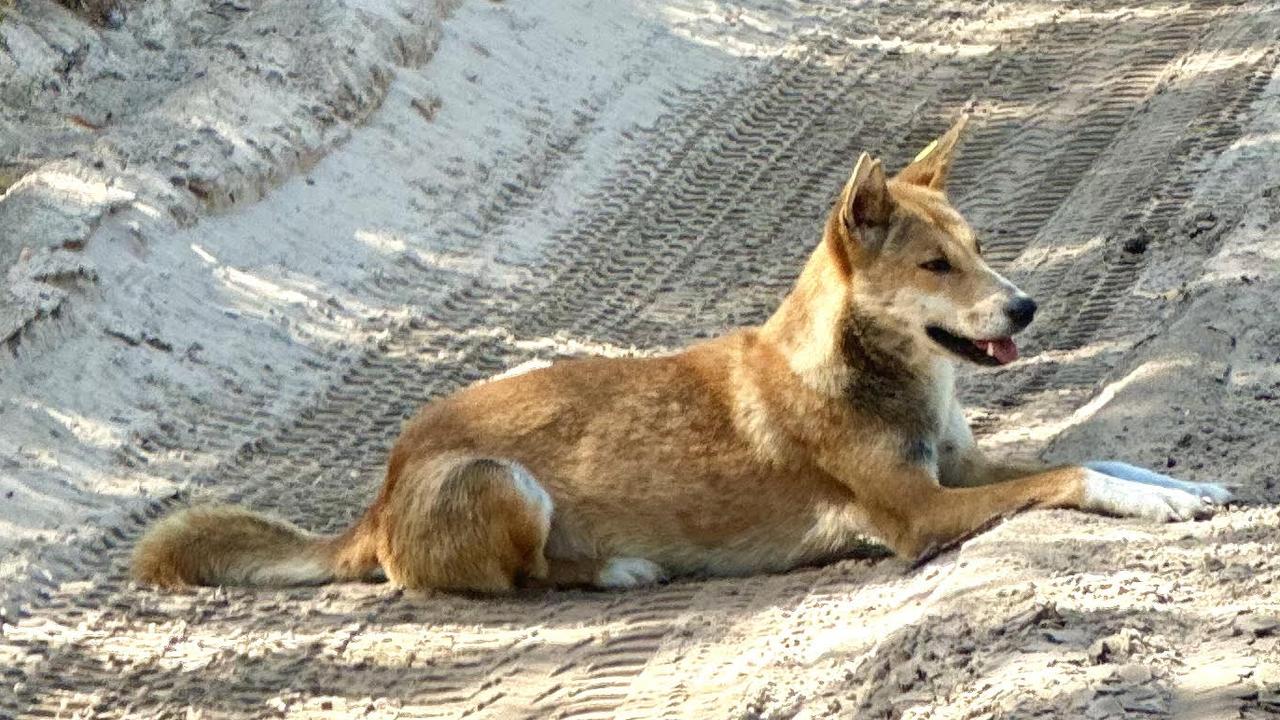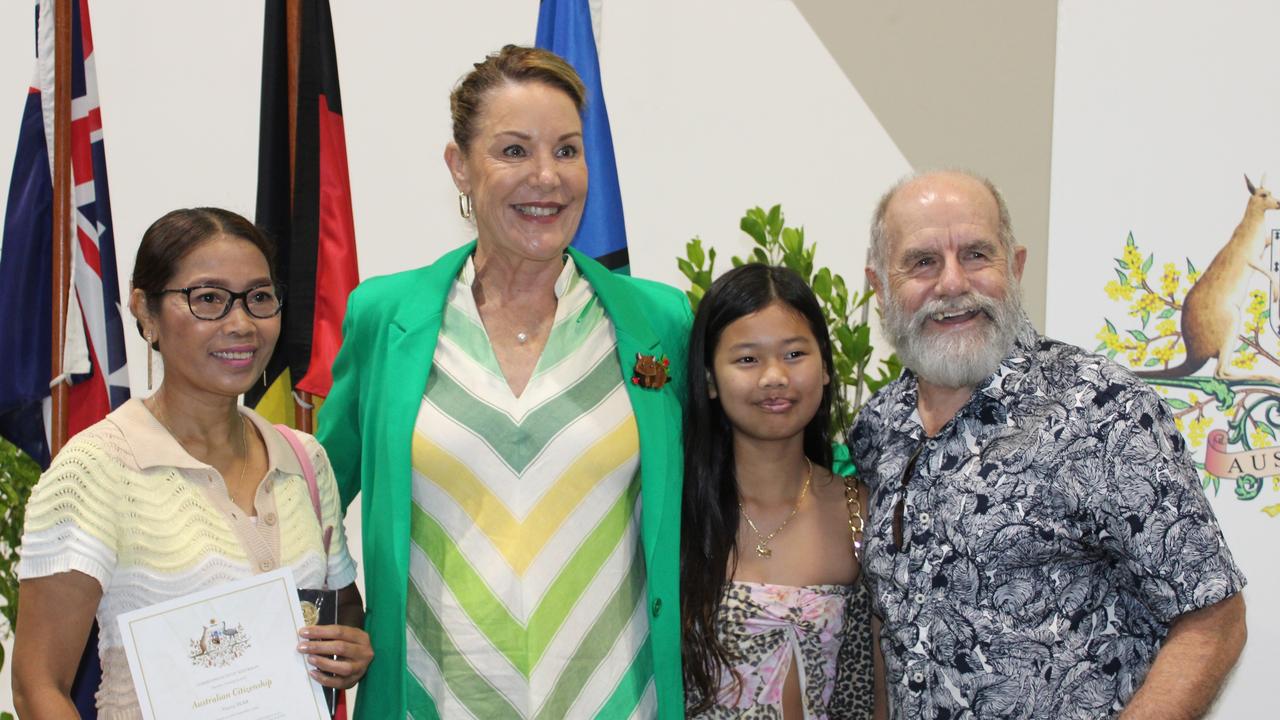No sign of crocodiles in Burnett River
Day and night searches of the Burnett River for the past several days have found no evidence of a crocodile, following a reported sighting of a 3m reptile in Bundaberg.
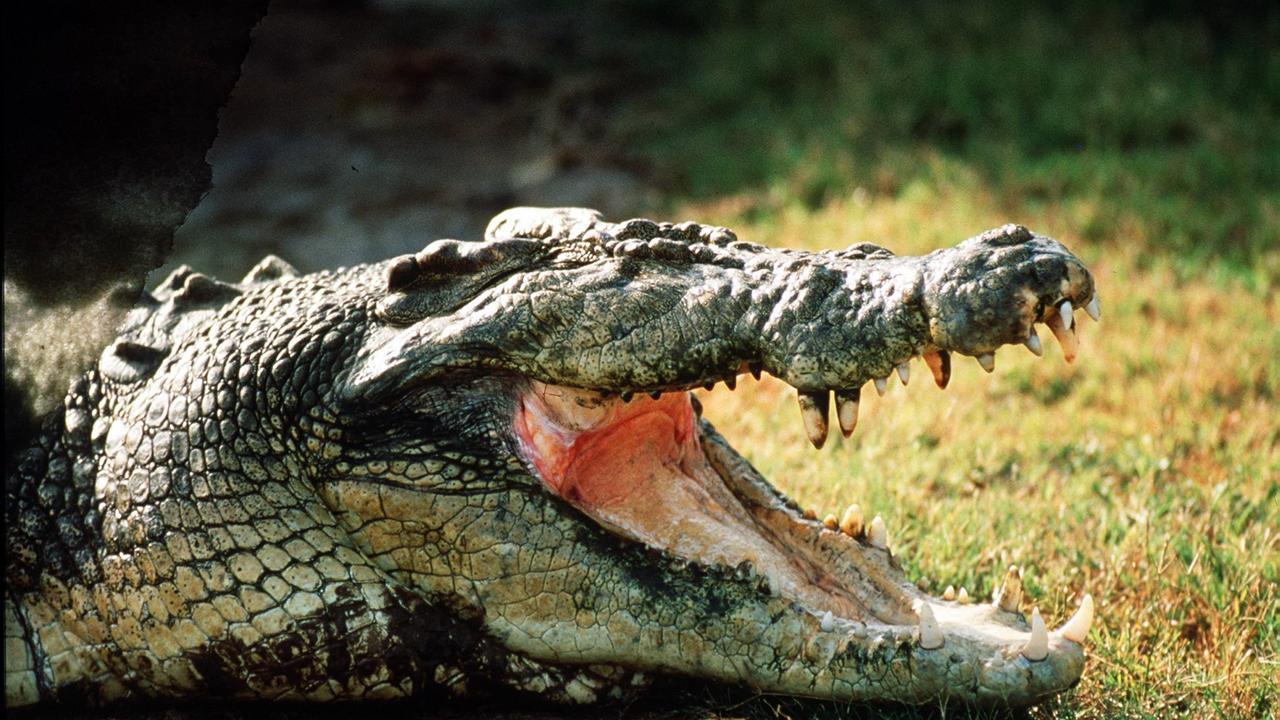
Bundaberg
Don't miss out on the headlines from Bundaberg. Followed categories will be added to My News.
A four-day investigation by wildlife officers of the Burnett River in Bundaberg has found no evidence of a crocodile being in the area.
A Environment, Tourism, Science and Innovation Department statement released on Tuesday said “residents in the Bundaberg area will be relieved to know that wildlife officers have determined there to be no evidence of a crocodile after a shock sighting in the Burnett River on November 15, 2024”.
The four-day investigation was launched after a member of the public reported what they believed to be a 3m crocodile near the McGills Road boat ramp.
Senior wildlife officer Joshua Morris said the investigation involved day and night searches of the river by land and vessel.
“Wildlife officers conducted thorough searches from the distillery to the mouth of the Burnett River, which is around 14km,” Mr Morris said.
“We were looking for the tell tale signs of crocodiles, such as the red eye shine at night, claw marks and slide marks in mud and flattened patches of grass on the banks.
“The investigation will continue into this week, which again will include site inspections of the river during the day and at night.
“We have not received any further sighting reports from members of the public and we plan to leave the recent crocodile sighting sign at the McGills Street boat ramp in place until Friday if there are no further sightings reported by then.
“During our investigation, wildlife officers spoke to fishers, campers and people on the water about the potential crocodile sighting report.
“To help reassure the community, we provided Crocwise education and advice on what people should do if they see what they believe to be a crocodile.”
Mr Morris said the Bundaberg region was in Zone F – atypical crocodile habitat under the Queensland Crocodile Management Plan.
“Any crocodile confirmed to be present in Zone F is automatically targeted for removal from the wild,” he said.
“Crocodiles in Rockhampton’s Fitzroy River are considered to be the southern-most breeding population of crocodiles in the world.
“Regions south of Rockhampton are believed to be too cold in winter to support populations of crocodiles.
“That’s why just two vagrant crocodiles have been confirmed to be present outside of Croc Country, and those two animals were removed from the Mary River in 2013 and 2014.
“People in Queensland should continue to report what they believe to be crocodiles regardless of the location, and wildlife officers investigate every sighting report.”
The alarm was raised when a resident reported seeing a crocodile from about 10m away as it moved out from under a tree, turned to face them, lifted its tail out of the water then submerged.
After remaining at the location for about an hour, the person did not see any further signs of a crocodile, it was reported.
“They did not observe a crocodile or detect any evidence, such as mud slides that would indicate the presence of a crocodile in the area,” Mr Morris said at the time.
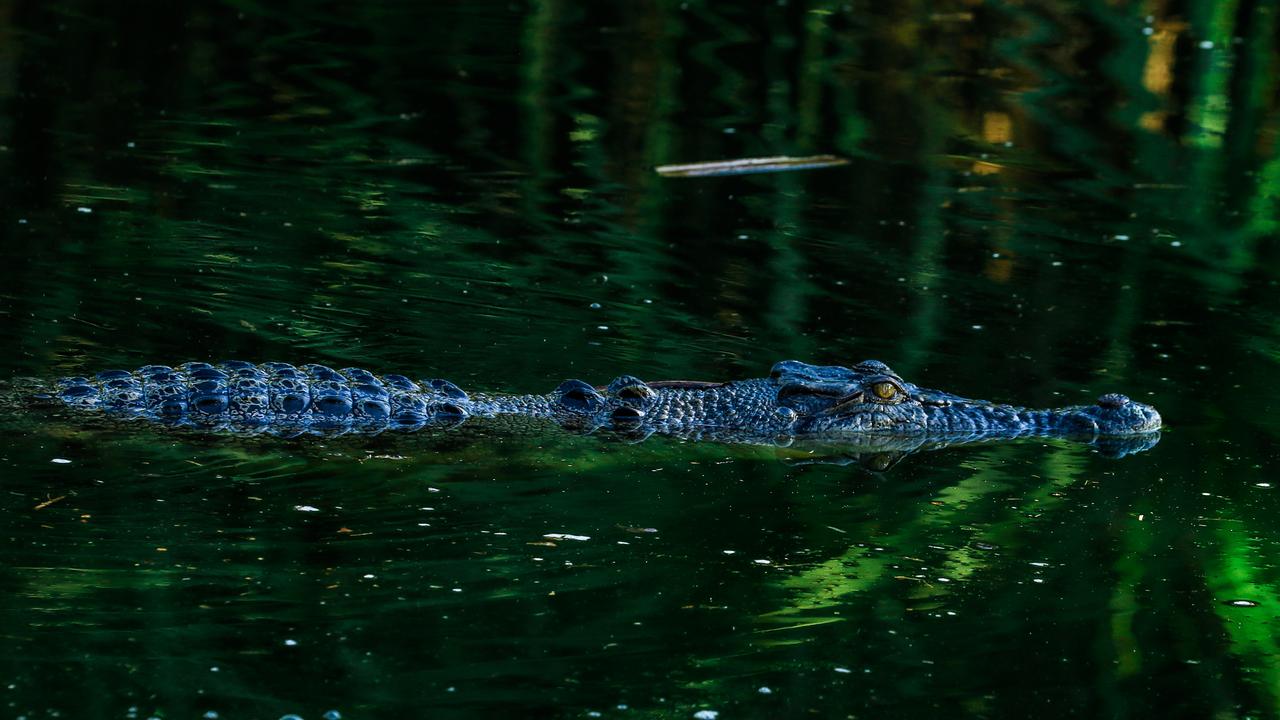
“To further investigate, wildlife officers will conduct a vessel-based spotlight assessment of the river tonight, weather permitting.
“I want to reassure the community that wildlife officers investigate every crocodile sighting report we receive, and we will conduct a thorough investigation into this report.
“We’re asking people in the Bundaberg region to be vigilant around the water during the investigation, which may continue into next week.
“That means keeping your children close and keeping your pets on a lead and away from the water’s edge.
“The Burnett River in Bundaberg is in Zone F – atypical crocodile habitat under the Queensland Crocodile Management Plan.
“Crocodile sightings are rare in those areas and any crocodile detected would be targeted for removal from the wild.
“Croc Country begins at the Boyne River south of Gladstone, and extends northward, up the east coast and across far north and northwest Queensland. Occasionally, vagrant crocodiles are found outside typical areas of crocodile habitat.
“In 2013 and 2014, two large crocodiles were removed from the Mary River, and they remain the last estuarine crocodiles confirmed outside of Croc Country at the southern end of their range.
“People in the wider Bundaberg region are encouraged to report all potential crocodile sightings and provide information about the location, behaviour and estimated size of a crocodile.”
Crocodile sightings can be reported by using the QWildlife app, completing a crocodile sighting report on the DETSI website, or by calling 1300 130 372. The department investigates every crocodile sighting report received.
More Coverage
Originally published as No sign of crocodiles in Burnett River




